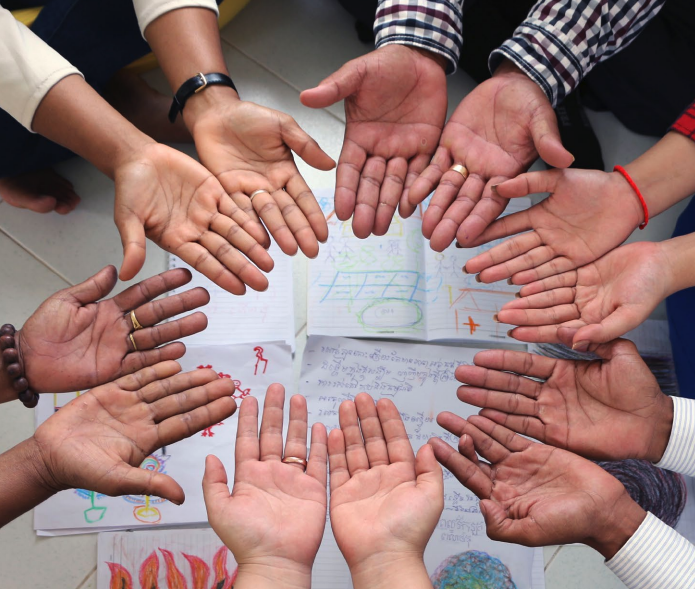
Resource
Asia CTIP GESI Toolkit
Why was the toolkit developed?
The Integrating Gender and Social Inclusion into Counter-Trafficking Programming Toolkit was developed by a team of gender and social inclusion experts using a participatory process under the USAID Asia Counter-Trafficking in Persons (CTIP) project. The Toolkit responds to the needs of practitioners to strengthen how they work on GESI in safe migration and trafficking in persons (TIP) initiatives.
Why do we need a GESI toolkit in CTIP?
Despite the availability of donor and organizational policies and resources on GESI, there is an absence of practical advice and examples to help diverse partners working on counter trafficking and safe migration to integrate GESI into their programs and initiatives. This toolkit fills that gap by promoting GESI understanding and tools within all sectors of TIP.
Who can use this toolkit?
The toolkit can be used by anyone working on safe migration and combating TIP. Information and tools have been designed for a broad audience – practitioners who are new to GESI and experts alike. Practitioners in the justice, health, policy or social sectors can use this toolkit as a resource, regardless of which form of TIP, or what stage of the trafficking journey they are working on.
How do we use the toolkit?
The toolkit is formatted as a searchable text-based PDF, making it possible for practitioners to read the modules in conjunction with one another or seek guidance on a specific topic from one or more modules. The modules are also supported by checklists, tools, and links to additional resources that can be used when designing, planning, implementing, or monitoring safe migration and TIP initiatives.
What is not included in the toolkit?
The toolkit complements existing donor and organizational policies and processes on GESI but should not be seen as a replacement. The information and tools included do not replace current GESI analysis frameworks, guidelines, and policies. Complex analytical frameworks and templates are not included in the toolkit as these cannot be self-taught. Links to some of these resources can be found at the end of each section.
